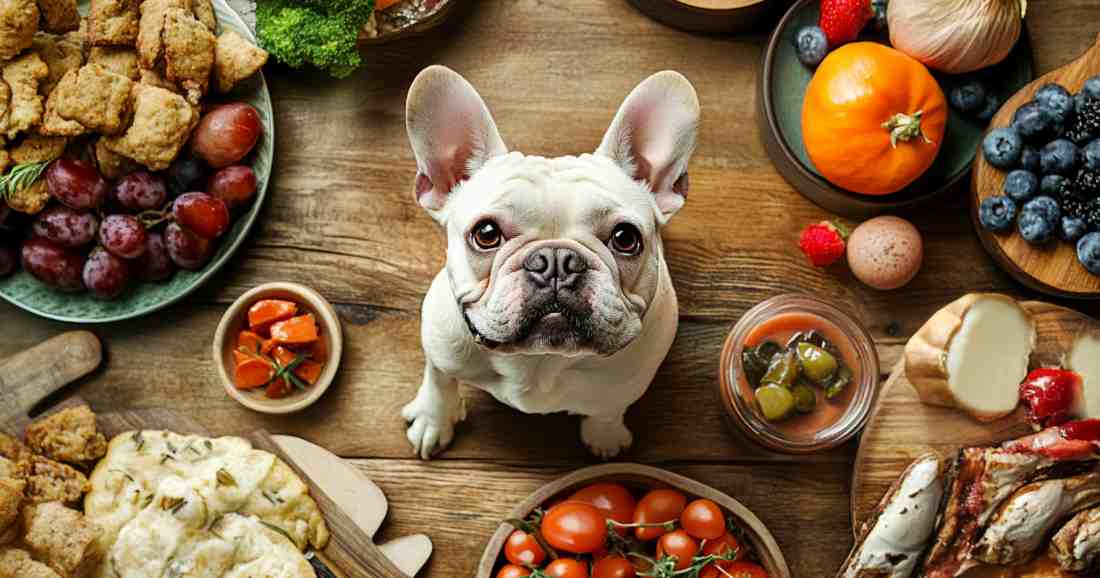
Best Food for My Dog Quiz Find the Perfect Nutrition Plan for Your Pup. Choosing the right food for your dog is essential for their health, energy, and longevity. With so many options—dry kibble, wet food, raw diets, and grain-free formulas it can be difficult to know what’s best for your furry friend. The Best Food for My Dog Quiz will help you determine the ideal diet based on your dog’s breed, age, activity level, and dietary needs.
Every dog has unique nutritional requirements based on size, age, and health status. Consider these key factors when selecting food:
- Age – Puppies, adults, and senior dogs have different dietary needs.
- Breed and Size – Large breeds need joint support, while small breeds require calorie-dense food.
- Activity Level – Active dogs need higher protein and fat intake.
- Food Sensitivities – Some dogs do better on grain-free, limited-ingredient, or hypoallergenic diets.
- Health Conditions – Some dogs require special diets for allergies, kidney health, or weight management.
Common Types of Dog Food and Their Benefits
Dry Kibble – Convenient and Budget-Friendly
- Long shelf life and easy to store.
- Helps clean teeth by reducing plaque buildup.
- Available in formulas for all life stages and dietary needs.
Wet (Canned) Dog Food – Moist and Flavorful
- Higher moisture content, great for hydration.
- More palatable for picky eaters.
- Good for dogs with dental issues or difficulty chewing.
Raw or Fresh Dog Food – High-Quality and Natural
- Mimics a dog’s ancestral diet with fresh, whole ingredients.
- Often made from raw meat, vegetables, and essential nutrients.
- Available in frozen, freeze-dried, or pre-packaged fresh meals.
Grain-Free and Limited-Ingredient Diets – Ideal for Allergies
- Good for dogs with food sensitivities or grain allergies.
- Uses alternative carbohydrates like sweet potatoes or peas.
- May help with digestive issues and skin allergies.
Signs Your Dog’s Food Is Working Well
A proper diet should lead to:
- Healthy weight maintenance – No excessive weight gain or loss.
- Shiny coat and healthy skin – No itching, dandruff, or excessive shedding.
- Consistent digestion – Well-formed stools and no frequent stomach issues.
- Steady energy levels – Not overly hyper or lethargic.
Signs Your Dog Might Need a Different Diet
If your dog is showing any of these symptoms, a diet change may be needed:
- Frequent itching or skin irritation – Could be a food allergy or sensitivity.
- Soft stools or diarrhea – May indicate digestive issues or intolerance.
- Excessive weight gain or loss – Could mean improper portion control or nutrient imbalance.
- Low energy or lack of enthusiasm for food – Might indicate poor nutrition or an unappetizing diet.
Fun Facts About Dog Nutrition
- Protein is the most important nutrient for dogs – It helps build strong muscles and supports overall health.
- Dogs don’t need grain-free diets unless they have an allergy – Whole grains provide fiber and essential nutrients.
- Some human foods are toxic to dogs – Chocolate, onions, grapes, and xylitol (found in sugar-free products) are dangerous.
- Puppies need different food than adult dogs – Their growing bodies require more calories, protein, and fat.
- Senior dogs benefit from joint-supporting ingredients – Glucosamine and omega-3s help with mobility.
Take the Best Food for My Dog Quiz Now
Still unsure what food is best for your dog? The Best Food for My Dog Quiz will analyze your dog’s breed, age, activity level, and health needs to recommend the perfect diet. Take the quiz now and find out what’s best for your furry friend!
